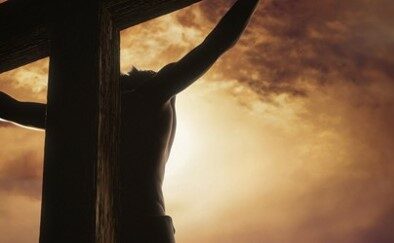
Redemption and Salvation
What is Redemption?
Redemption is the act in which Jesus Christ paid the price of His own sacrificial Death on the Cross in order to free mankind from the slavery of sin. In his epistle, St. Peter told the early Christians: “You were ransomed from your futile conduct not with perishable things like silver or gold, but with the precious blood of Christ as of a spotless unblemished lamb.” (1Peter 1:18-19) By sending His own Son in the form of a slave, in the form of a fallen humanity, on account of sin, God “made Him to be sin who knew no sin, so that in Him we might become the righteousness of God.” (2 Corinthians 5:21) (CCC 602) Jesus Christ is the one and only Redeemer of mankind. In addition, the redemptive act of Christ is universal: The Church, following the apostles, teaches that Christ died for all men without exception; there is not, never has been, and never will be a single human being for whom Christ did not suffer. (CCC 605)
Why did Jesus do it?
- Jesus did it out of obedience to the will of God the Father. Jesus said, “I came down from heaven not to do my own will but the will of the one who sent me.” (John 6:38) and “My food is to do the will of the one who sent me and to finish His work.” (John 4:34)
- Jesus did it out of love for His Father and for mankind, whom the Father wants to save; Jesus freely accepted His Passion and Death. (CCC 609) Jesus said, “I lay down my life in order to take it up again. No one takes it from me, but I lay it down on my own.” (John 10:17-18) In suffering and death, Jesus’ humanity became the free and perfect instrument of God’s divine love which desires the salvation of mankind. (CCC 609)
The Last Supper
At the Last Supper, Jesus anticipated (prefigured) the free offering of His life. At the same time, Jesus transformed the Last Supper into the Memorial of His voluntary offering to the Father for the salvation of men. (CCC 610) Jesus said, “This is my Body which is given for you.” and “This is my Blood of the covenant, which is poured out for many for the forgiveness of sins.” (Luke 22:19; Matthew 26:28; 1 Cor 11:24-25) The Eucharist was instituted by Christ as the Memorial of His Sacrifice. Jesus includes the apostles in His own offering and bids them perpetuate it. (CCC 611) Jesus said to His apostles, “Do this in memory of me.” (Luke 22:19)
The Perfect Sacrifice of Jesus Christ
Christ’s Death is the unique and definitive Sacrifice; it is both (1) the Paschal Sacrifice that accomplishes the Redemption of mankind and (2) the Sacrifice of the New Covenant, which restores mankind to communion with God by reconciling man to God. (CCC 613)
The Sacrifice of Christ is perfect because it completes and surpasses all other sacrifices. (cf. Hebrews 10:1-14) Moreover, it is a gift from God the Father, who handed His Son over to sinners in order to reconcile us with Himself. It is also an offering of God the Son, who in freedom and love offered His life in reparation for mankind’s disobedience. (CCC 614)
According to St. Paul, “For as by one man’s disobedience many were made sinners, so by one man’s obedience many will be made righteous.” (Romans 5:19) By His obedience unto death, Jesus accomplished the mission of the suffering Servant; He made Himself an offering for sin and He bore the sin of many in order to make them righteous. Jesus atoned for our faults and made satisfaction for our sins to the Father. (CCC 615)
No man or woman, not even the holiest, can ever be able to take on themselves the sins of all men and offer themselves as a sacrifice for all. Only Jesus Christ, in His divine and human natures, surpasses and embraces all of mankind, and constitutes Himself as the Head of all mankind, can make possible the redemptive Sacrifice for all. (CCC 616)
The Council of Trent (1545-1563) emphasizes the unique character of Christ’s Sacrifice as the source of eternal salvation and teaches that His most holy Passion on the wood of the cross merited justification for us. (CCC 617)
What is Salvation?
When Christ died on the Cross, He did it to redeem all of mankind. To be redeemed by Christ is an invitation to salvation. Salvation is a gift for each individual to either accept or reject. Salvation is also the process which begins with the grace of God touching a sinner’s heart and calling him to repent. This grace comes from the love and mercy of God and it is our choice whether to receive this grace or reject it. If we choose to receive this grace, then we choose a life aligned with the will of God; if we choose to reject this grace, then we remain in a life of sin.
The Lord Jesus Christ Himself affirms that Baptism is necessary for salvation. (John 3:5) He also commands His disciples to proclaim the Gospel to all nations and to baptize them. (Matthew 28:19-20) Baptism is necessary for salvation for those to whom the Gospel has been proclaimed and who have had the possibility of asking for this sacrament. The Church does not know of any means other than Baptism that assures entry into eternal beatitude; this is why she takes care not to neglect the mission she has received from the Lord to see that all who can be baptized are reborn of water and the Spirit. (CCC 1257)
Salvation is not a one-time event. It is not simply accepting the grace of God, it involves constantly choosing a Christian way of life and following the teachings of the Church. With God’s grace, we are able to believe in God, to fear God’s justice, to hope in His mercy, to love God as the source of all justice and to hate sin.
The Role of the Catholic Church
The word “catholic” means “universal,” in the sense of “according to the totality” or “in keeping with the whole.” The Church is Catholic because Christ is present in her. St. Ignatius of Antioch said, “Where there is Christ Jesus, there is the Catholic Church.” In her subsists the fullness of Christ’s body united with its head; this implies that she receives from Him “the fullness of the means of salvation” which He has willed: the correct and complete confession of faith, full sacramental life, and ordained ministry in apostolic succession. (CCC 830)

April 9 is Easter Sunday. On this greatest feast day of the Church, we share our joy with our parish family with an Easter pot-luck after the 10:30am Mass. There will be Easter cake for everyone. Also bring your children and grandchildren for our annual Easter Egg Hunt after Mass.
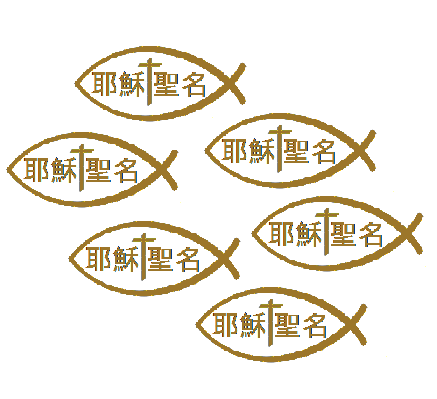
The small group reflection for April 2, 2023 is now available. You can pick up a copy in the church foyer or find it in our church website hnojatl.org or in the Tabella app.
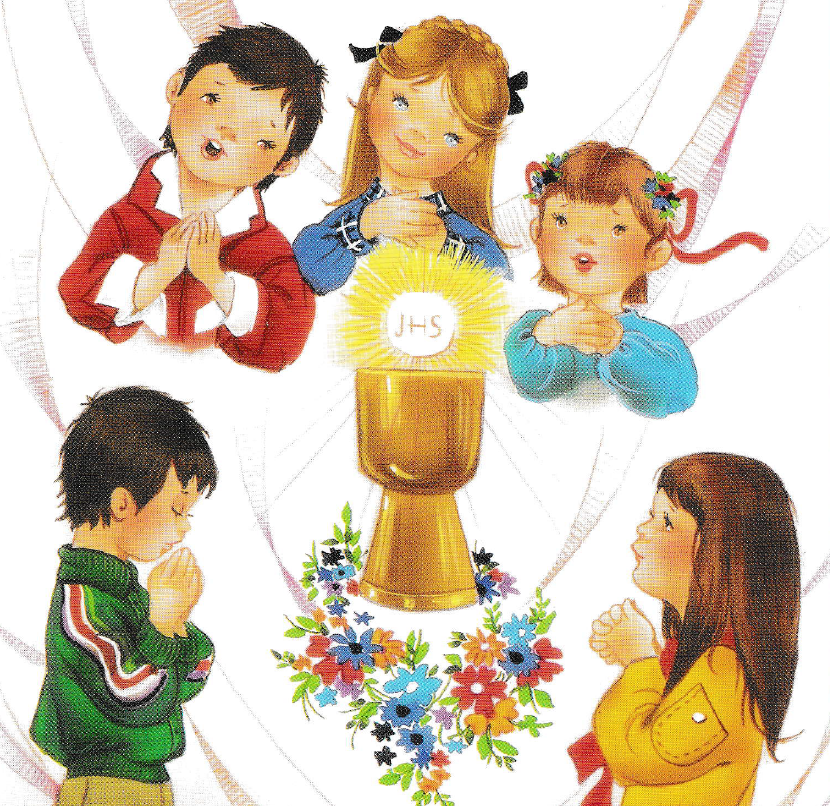
Attention parents and children: Sunday School will meet immediately after the 10:30am Mass in the Nursery room. This is our final class for 2022-2023 schoolyear. Parents are invited to sit in during the class.
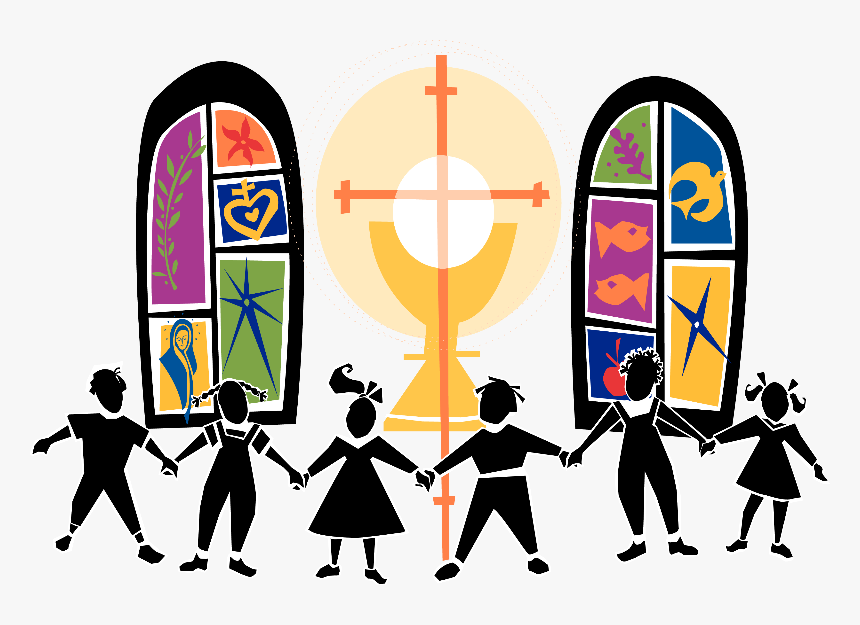
We will have our monthly faith workshop immediately after Mass this morning. The topic for today is the Paschal Mystery in the Old and New Testaments. Please proceed to the Conference Room immediately after Mass.

The Adult Literacy Barrow is working on a project to help a group of refugees learn English. They are looking for a person who can speak English and Chinese, who can work on some Wednesdays and some Mondays from 9:00AM to 11:00AM. If you are interested, please contact Nathalia Samayoa at (678) 271-7624 for details.

Immediately after Mass today, Fr. Bill will administer the Sacrament of the Anointing of the Sick in the main church.
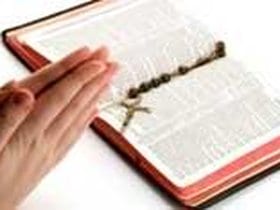
Prayer List: Vun Lilian, Liang Chenjing, Pan Bohao, Angela Griffin, Wang Dacheng, Long Guorui, Zhang Qiang, Li Kuiying and Xu Taicheng.